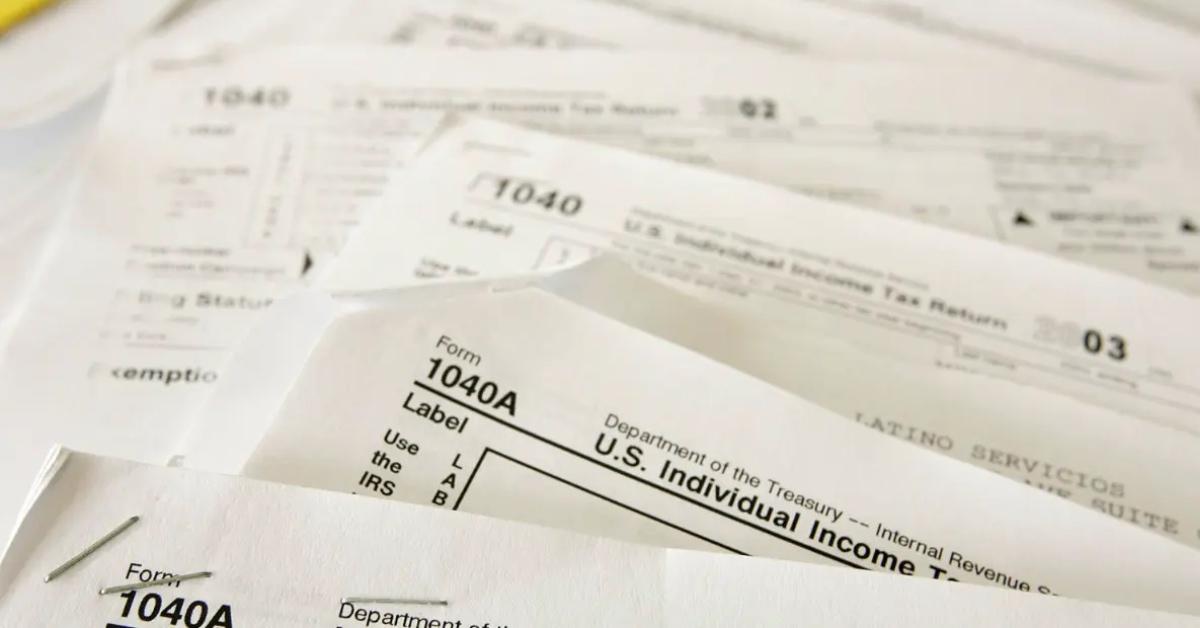Here's What Happens If You Miss the Tax Filing Deadline by One Day
The IRS may impose penalties if you file your taxes a day late, but there are exceptions. The IRS also offers penalty waivers to some taxpayers.
April 18 2023, Updated 4:58 p.m. ET

The IRS has set a deadline of April 18, 2023, for most taxpayers to file their tax returns (or request an extension) and pay any taxes owed. Tax day generally falls on April 15 of each year. However, this year, it was pushed back because the deadline fell on Saturday, and Washington, D.C. observed Emancipation Day on April 17.
Although the government gave taxpayers a few extra days to get their financial affairs in order, some were reluctant to file. What happens if you file taxes a day late?
The short answer is that you’ll likely face penalties — with interest — from the IRS. That’s why taxpayers who need more time to file their returns are urged to request an extension. Although the extension gives them more time to file their returns, it doesn’t push back the deadline for paying any taxes owed, so the IRS recommends estimating and paying any taxes due by the regular deadline.
If you do happen to file your taxes a day late, here's what will happen.

What happens if you file your taxes late?
If you file your federal return even one day after the tax deadline and you owe taxes, you will “usually” be hit with a penalty, according to H&R Block. In a help article about the failure-to-file penalty, the IRS says that it charges 5 percent of your unpaid taxes for each full or partial month that your tax return is late, up to 25 percent of your unpaid taxes.
You’re also subject to the failure-to-pay penalty if you don’t pay the taxes you owe by the tax deadline, as the IRS explains in a separate article. That penalty is 0.5 percent of your unpaid taxes for each full or partial month that your tax payment is late, up to 25 percent of your unpaid taxes.
And for months in which both penalties apply, the failure-to-file penalty will be reduced by the amount of the failure-to-pay penalty from that month. For example, you’ll be charged 4.5 percent of your unpaid tax for the failure-to-file penalty and 0.5 percent for the failure-to-pay penalty for a combined penalty of 5 percent.
The IRS says that it will send you a notice or letter if either penalty applies to you. And bear in mind that the agency says it charges interest on its penalties, adding to your total bill. That said, the IRS does offer penalty relief, for which you may qualify if you “made an effort to comply with the requirements of the law, but were unable to meet your tax obligations due to circumstances beyond your control.”
How do I get a penalty waiver from the IRS?
If you made a conscious effort to file and pay your taxes by the tax deadline but weren't able to due to unforeseen circumstances, you may qualify to have the penalties waived. The IRS may waive the penalties (and interest) assessed if you have a valid reason. Valid reasons vary and are based on the type of penalty you owe.
For example, if you receive a failure to file or pay penalty, the following might be considered as valid reasons for obtaining a waiver:
- Natural disasters
- Fires
- Death
- Serious illness
- System issues
- Civil disturbances
- Inability to obtain records
If the event the IRS approves your penalty waiver, it will reduce or remove the interest that has accrued on your penalties. To request penalty relief from the IRS, follow the instructions outlined on the IRS notice you received that outlines the penalties that have been assessed. You can also call the IRS toll-free at 800-829-1040 or the number listed on your letter.
Will I receive a penalty for filing taxes late if I'm owed a refund?
According to TurboTax, one of the “great little secrets about the federal tax law” is that you won’t face a penalty for not filing your tax return by the deadline if you are owed a tax refund. (TurboTax does note, however, that the rules for state tax might be different.)
H&R Block adds that you won’t pay a penalty on late tax returns if you’re serving in the military outside the country or if you’re living in a federally declared disaster area.
